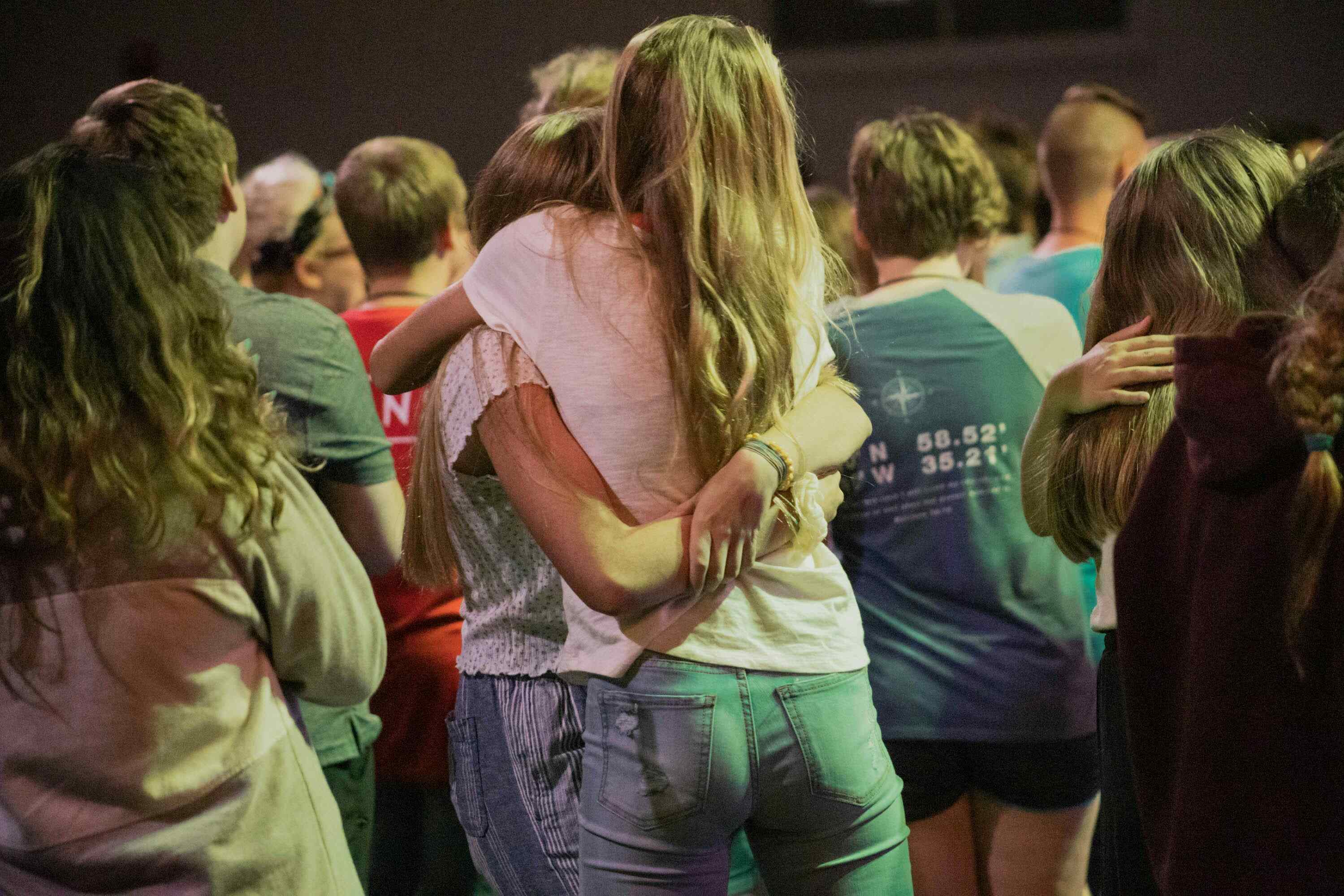Education holds a paramount relationship with the Sustainable Development Goals (SDGs) as delineated by the United Nations in 2015. It is not only recognized in its standalone form in SDG 4, which strives to “ensure inclusive and equitable quality education and promote lifelong learning opportunities for all”, but also serves as an enabler of other SDGs, highlighting its cross-cutting impact across multiple facets of development. It acts as the foundation stone of knowledge, fostering an understanding of complex socio-economic dynamics that are critical for the attainment of other goals.
Consider, for instance, how education impacts SDG 1 - No Poverty. The increased earning potential offered by quality education is a powerful tool in breaking the poverty cycle. Similarly, in relation to SDG 3 - Good Health and Well-being, education is instrumental in driving better health outcomes by fostering understanding of healthy lifestyles, disease prevention, and the benefits of timely medical intervention.
Addressing the climate crisis (SDG 13) also necessitates education, as it prepares individuals to understand the intricate relationships between human activities and their environmental impact, and to seek sustainable solutions. Moreover, achieving gender equality (SDG 5) is intrinsically tied to education, as access to quality learning opportunities for girls and women empowers them, promotes their participation in decision-making processes, and helps in overturning deeply entrenched societal biases.
Quality education also fosters innovation and infrastructure development (SDG 9), as it equips individuals with the technical and creative skills necessary to devise advanced technologies and infrastructures. Moreover, education fosters peace and justice (SDG 16) by promoting a culture of peace, non-violence, global citizenship, and appreciation of cultural diversity.
In this multifaceted role, education serves as a catalyst in the process of sustainable development. However, these interconnections necessitate that education systems themselves are made more inclusive, resilient, and sustainable. The challenges of the 21st century, such as the digital divide and the increasing need for lifelong learning, require urgent attention to ensure education continues to play its role effectively. Education is the key that unlocks the potential of all other SDGs, making its universal attainment not just a goal, but a pre-requisite for a sustainable future.
World Humanitarian Day 2026
World Humanitarian Day is dedicated to recognizing humanitarian personnel and those who have died working for humanitarian causes. Designated by the United Nations General Assembly as part of a Swedish-sponsored resolution, this day is observed on August 19th. It commemorates the anniversary of the bombing of the UN Headquarters in Baghdad, which claimed the lives of Sérgio Vieira de Mello, the Special Representative of the Secretary-General to Iraq, and 21 of his colleagues.
International Youth Day 2026
International Youth Day (IYD) is dedicated to drawing attention to the cultural and legal issues surrounding youth. Established by the United Nations in 1999, this day serves as a platform for governments and organizations to address the challenges faced by young people and to recognize their contributions to global development. Observed annually on August 12th, IYD encourages activities that promote awareness, dialogue, and action on youth-related issues.
This content aligns with Goals 15, 16, and 10 by discussing how UGGps actively involve local and indigenous peoples, preserving and celebrating their culture; emphasizing the bottom-up approach of UGGps, which involves active participation of local and indigenous communities; and showing how preservation of indigenous cultures, traditional knowledge, and practices within UGGps promotes cultural diversity and inclusion.



